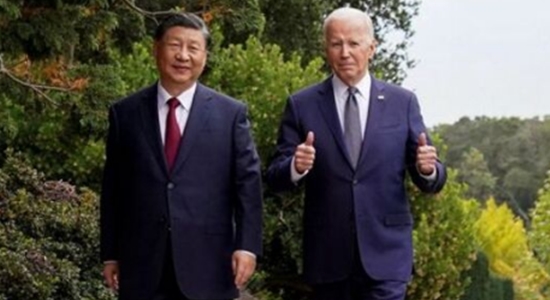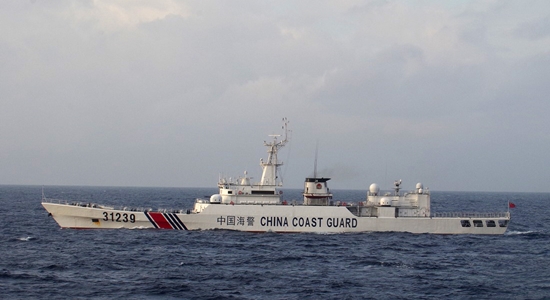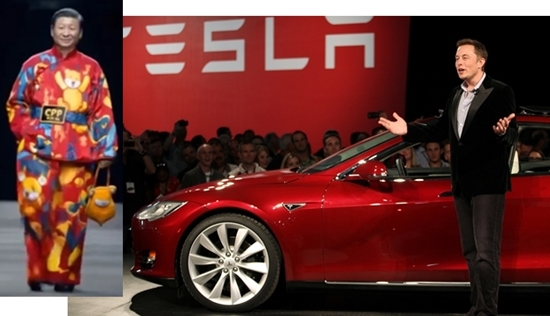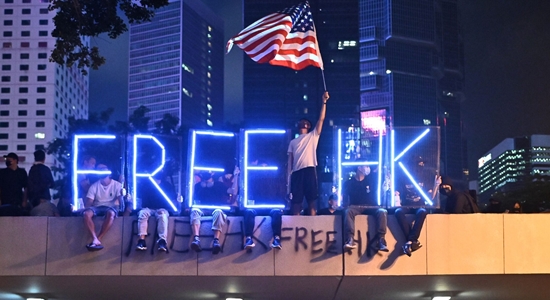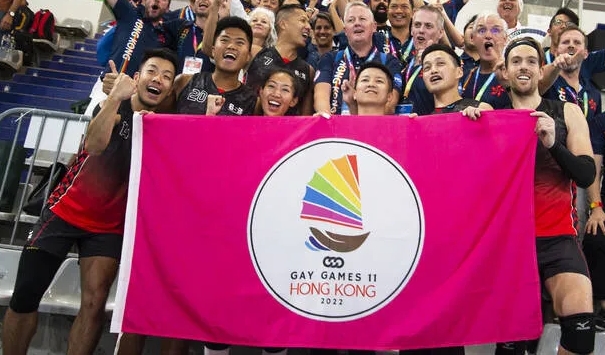
No, the Chinese government would not have permitted the 2023 Gay Games to happen on the mainland.
In 1997, China decriminalized homosexuality, and you can go to gay bars in mainland China. But at least since 2016, when the government outlawed portrayals of lesbians and gays on television (thus reportedly killing the third season of “Like Love,” dammit), many of the most visible kinds of cultural manifestations of homosexuality have become impossible. In May 2023, the 15-year-old Beijing LGBT Center closed its doors; without saying why, but probably for political reasons.
This November, the delayed Gay Games finally happened as planned in Hong Kong, suggesting that the intensified crackdown on Hong Kong freedoms that began when China imposed the National Security Law in 2020 is not all-encompassing.
With the help of pandemic protocols, the freedom of Hong Kongers that was most rapidly obliterated was the freedom to assemble and protest. Street demonstrations against China’s despotic initiatives, once massive, are now impossible (except for a few state-controlled pseudo-protests). And it has become dangerous for Hong Kongers to voice criticisms of the Chinese government. Democratic elections and many judicial rights are also now dead.
But even in an island government full of Quislings, there are sparks of independence here and there. Widespread disapproval of the Gay Games did not stop them from happening.
According to Reuters, some proponents of gay rights in Hong Kong also opposed the Games because organizers “have aligned themselves with pro-authoritarian figures” (“Hong Kong kicks off Asia’s first gay games despite opposition,” November 6, 2023):
Regina Ip, convener of the city’s top decision-making body the Executive Council, was the only pro-establishment figure at the opening ceremony, despite calls from anti-LGBTQ lawmakers for her to resign.
“The holding of the Gay Games in Hong Kong is strong testimony to the diversity, inclusion, and unity of our city,” Ip said in her welcoming speech. “Equal opportunity and non-discrimination are highly treasured by our government and our people.”
Pro-Beijing lawmaker Junius Ho on Thursday sent a letter to the city’s leader John Lee, saying that the agenda of the gay games is to promote same-sex marriage, accusing it of violating the [National Security Law].
Five Hong Kong human rights activists also called for the Games to be cancelled in June, saying organisers “have aligned themselves with pro-authoritarian figures responsible for widespread persecution against the people of Hong Kong”.
It’s a mess, and the human rights activists have a point. But in a society being subjected to ever-greater repression, does it always make sense to boycott stray opportunities to exercise one’s rights because one must deal with authoritarians to do so or because some officials use these stray instances to “prove” that everything is hunky-dory? Sometimes it may make sense, depending on what the bad guys expect in return for permitting a little freedom.
But sometimes it may be better—to the extent still possible—to answer the propaganda, expose the authoritarians, and work to expand the freedom.

